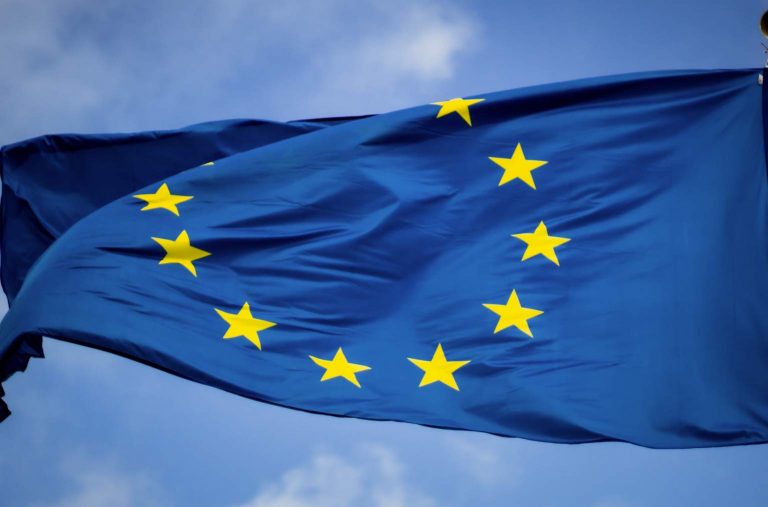
The State of the European Union
Discussion and Analysis by Charles Porter:
This morning, before the European Parliament, Jean-Claude Juncker, president of the European Commission, gave the annual State of the European Union address. Juncker’s speech gave a daring and interesting presentation of the present and future state of the Union. A number of interesting events and currency movements arose from this speech. Specifically, two polarised references to Turkey are analysed within this article.
Juncker’s dichotomous comments regarding Turkey centred upon, firstly, the nation’s support surrounding the European migration crisis. The second concerns Turkey’s accession prospects.
The European migrant crisis has been curtailed thanks to the agreement with Turkey, Juncker explains. The consequences of this deal include a control over the loss of life within the Central Mediterranean route and a curtailment of the pressures upon boarder forces within the EU’s periphery. This could seemingly be confused for support of Turkey’s European role and progression of accession prospects. However, Juncker’s second mention of the nation was far more damning.
Turkey first applied to join the-then European Economic Community in 1987. Following the millennium, however, it has seen what is best described as stagnant, if not receding, progress. This empirical truth remains despite the commencement of formal negotiations in 2005. Today, the State of the Union address cemented this fate. Referencing the centrality of European values within the accession negotiation procedure, Juncker stated firmly that EU membership is comprehensively ruled out “for the foreseeable future”.
The currency market reaction to this proclamation from the Commission president will provide an indication of what degree of strength, if any, the Turkish economy derives from its prospective membership and integration within the European project.
Interestingly, not only was the Lira highly stable in the immediate aftermath of President Junker’s remarks but the intraday differential within the Euro-Lira exchange rate was negligible. Whilst there was considerable volatility within the currency pair, this was in no small part due to the tumultuous episodes the Euro itself experienced today. Because derogatory remarks about the socio-political complexion of Turkey’s incumbent government did not destabilise the Lira it may suggest that the possibility of accession, despite formal application, was never considered credible by currency markets and thus never priced into the Lira’s currency pairs.
Alternatively, yet perhaps less likely, it may suggest that the net economic benefits of membership are negligible. This event is important because it could, in theory, have represented the manifestation of an idiosyncratic, niche, reshuffling of a currency’s valuation. Given Juncker’s positive comments today regarding the credibility of Balkan state accessions, the two divergent hypotheses above might be analytically testable in the future.
Related Insights

Daily Brief – Sterling
Sterling No sooner had the financial press written that Sterling was on the skids due to the Chancellor being on the way out, than PM Starmer woke up to the need for some TLC for his beleaguered Chancellor and executed a handbrake turn to administer some gruesome bedside cheer to the apparently on life support […]

Daily Brief – EU Inflation
EU Inflation With the ECB annual symposium meeting in sunny Sintra, Portugal, inflation is very much on President Lagarde’s mind ; that is because it is showing signs of rising with the monthly inflation rate showing an increase of 0.3% and that presages a break above the target 2% rate just as she and her colleagues […]

Daily Brief – Gold
Gold With Gold accounting for the second highest proportion of Central Bank reserves after the USD and the mood music shifting to it assuming a greater influence on future reserves management, it is worth looking at the numbers behind that. In the 1960s, Central Banks held the highest amount historically of 38,000 tons of gold. […]


 Humphrey Percy
Humphrey Percy